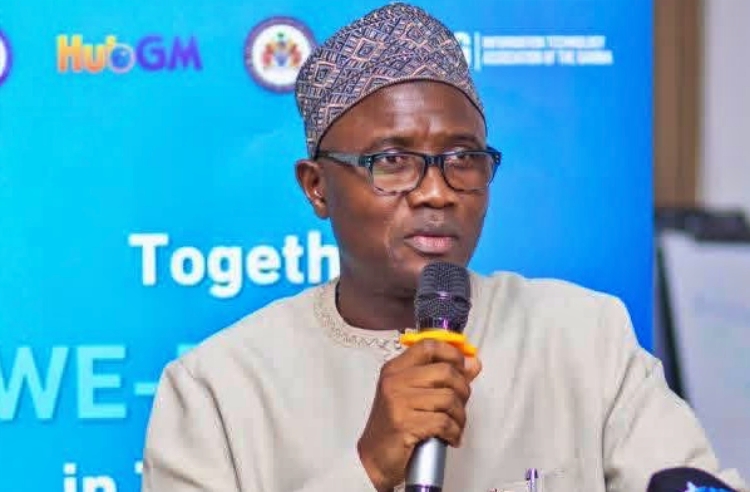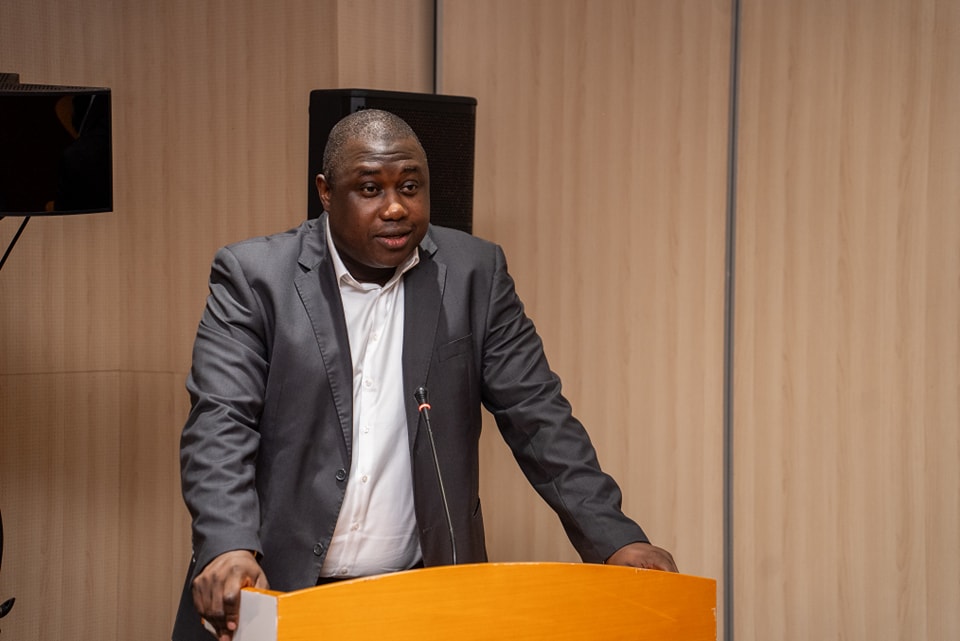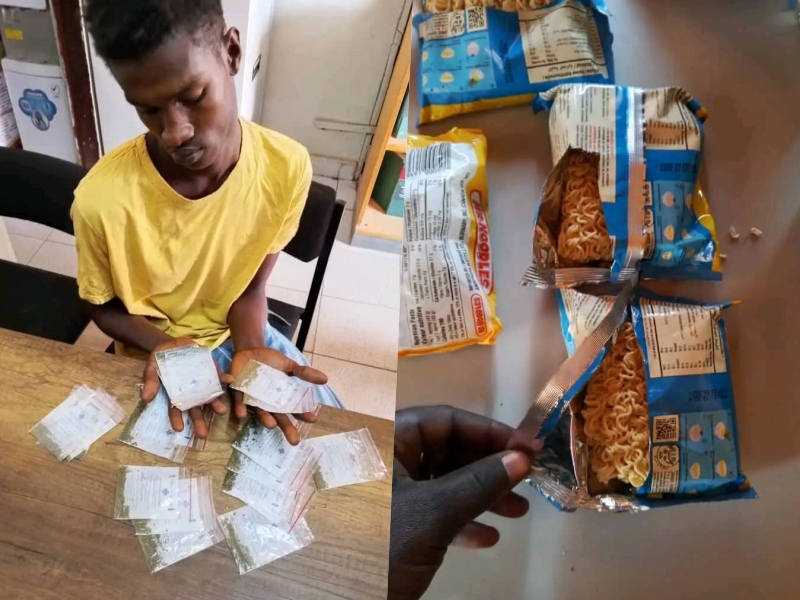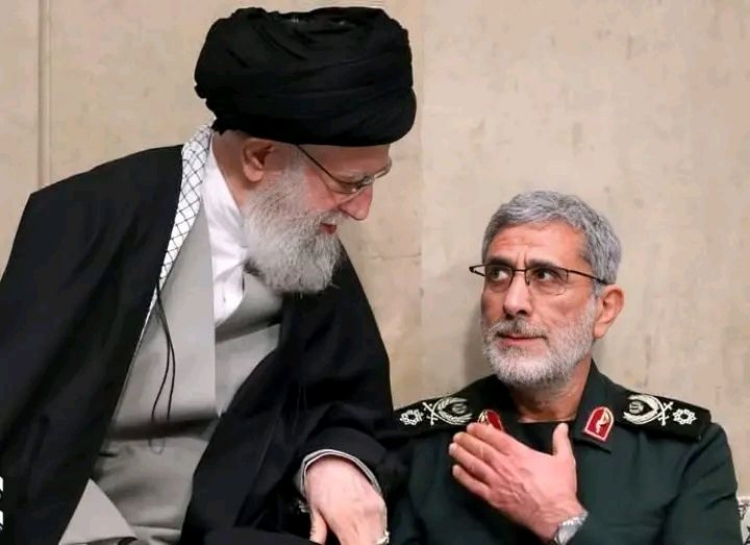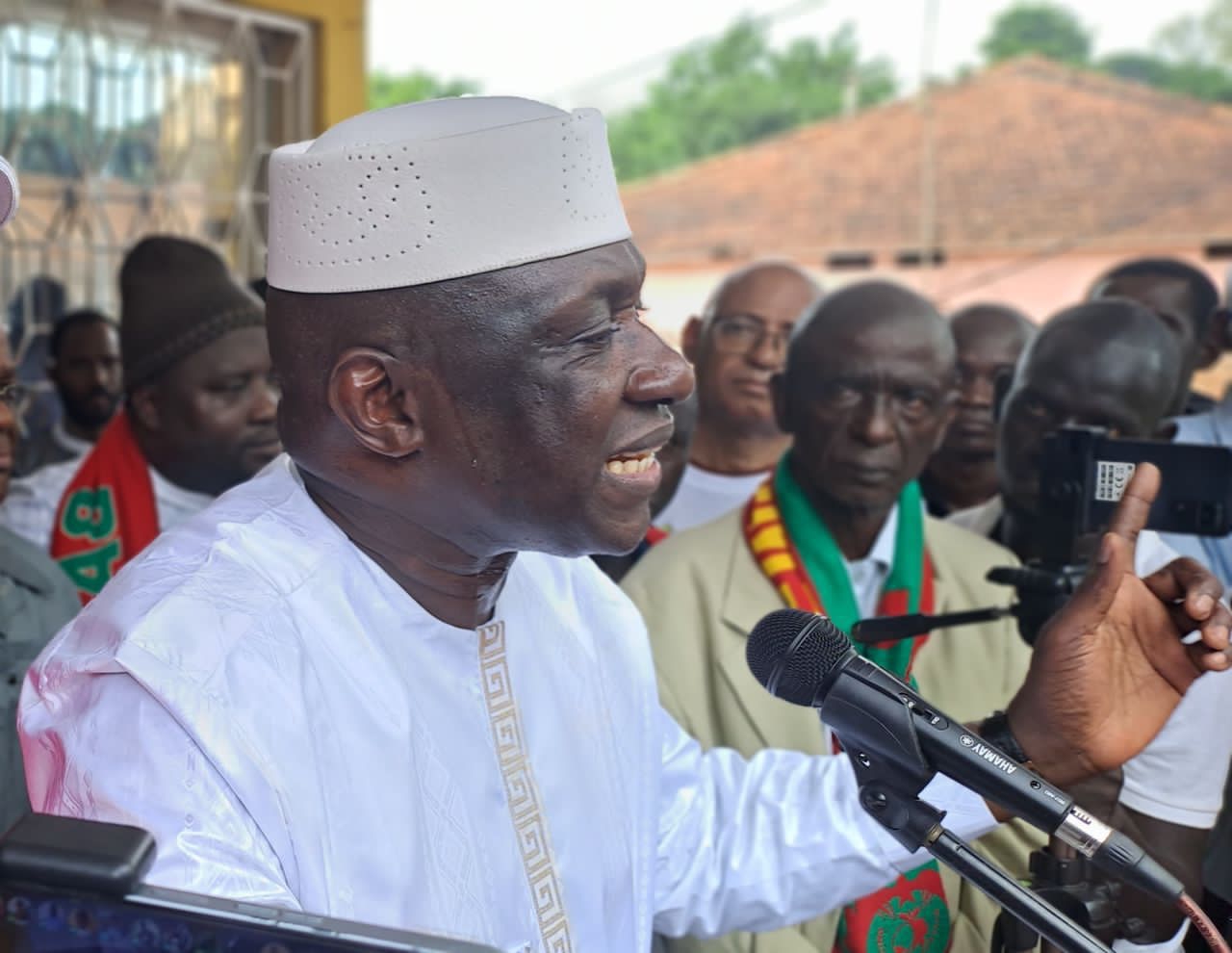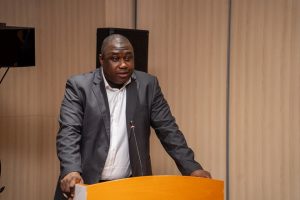Gambiaj.com – (Bissau, Guinea-Bissau) – President Umaro Sissoco Embaló has dissolved the government led by Rui Duarte de Barros and appointed Braima Camará as the new Prime Minister, marking the fourth administration under Embaló’s five-year presidency. The move follows months of internal tensions, shifting alliances, and factional disputes within the ruling party.
Camará’s return to the political center stage signals a significant political recalibration, both for Embaló and the fragmented MADEM-G15 party. Camará, a founding figure of the party and former ally-turned-critic of Embaló, now replaces Duarte de Barros, who was appointed in December 2023 following a series of political reshuffles.
Sources close to the presidency describe Camará’s reappointment as both a strategic victory for Embaló and a symbolic concession to reforge a fractured coalition.
Camará is also a coordinator of one wing of MADEM-G15, while the party remains deeply divided following an extraordinary congress that controversially replaced him with Satú Camará as party coordinator—a decision upheld last week by the Court of Appeals.
Despite past tensions and harsh public exchanges between Embaló and Camará, the latter returned to Bissau on Saturday, August 2, declaring his commitment to “inclusive dialogue” initiated by the President.
“I belong to a political family called API – Cabaz Garandi. We are in dialogue with the President of the Republic. He has already met with Nuno Nabian and Fernando Dias. I came to respond to the same call,” Camará said upon arrival, signaling reconciliation with former rivals, including APU leader Nabian and PRS figure Fernando Dias.
This overture toward unity surprised many observers, especially given the acrimonious fallout between Embaló and Camará over the past year. In 2024, Camará had publicly accused Embaló of betrayal and disloyalty, saying, “I was the only one who embraced him and said he was my candidate. Is this his payment for me? I leave it to God.” He also once declared, “Sissoco is too small to put Guinea-Bissau in his pocket,” a now-infamous remark highlighting the depth of their political rift.
The turnaround in relations mirrors the broader volatility of Guinea-Bissau’s political landscape, where alliances often shift rapidly and public feuds are not uncommon. In the same spirit of reconciliation, Camará appears to have softened his stance on the recent court ruling against his appeal to overturn the MADEM-G15 leadership change.
“Right now, my priority is the reconciliation of the MADEM family,” he told reporters. “This party was created as an alternative, and I have a great responsibility for its future.”
Braima Camará’s appointment also delivers a setback to the Inclusive Patriotic Alliance (API – Cabaz Garandi), a faction formed by former allies of the president disillusioned with his leadership.
The reintegration of key API figures into the government suggests a strategy by Embaló to consolidate power and stabilize his governing base ahead of future political challenges.
With Camará now at the helm of government, he succeeds a line of previous prime ministers under Embaló: Nuno Nabian (2020–2023), Geraldo Martins (August–December 2023), and Rui Duarte de Barros (December 2023–August 2025). His task will be to manage not only the country’s pressing economic and governance issues but also to navigate the ongoing internal disputes that continue to shadow the ruling coalition.
As Guinea-Bissau enters yet another chapter of political transformation, the resilience of its institutions and the sincerity of its leaders’ calls for unity remain critical to its future stability.



